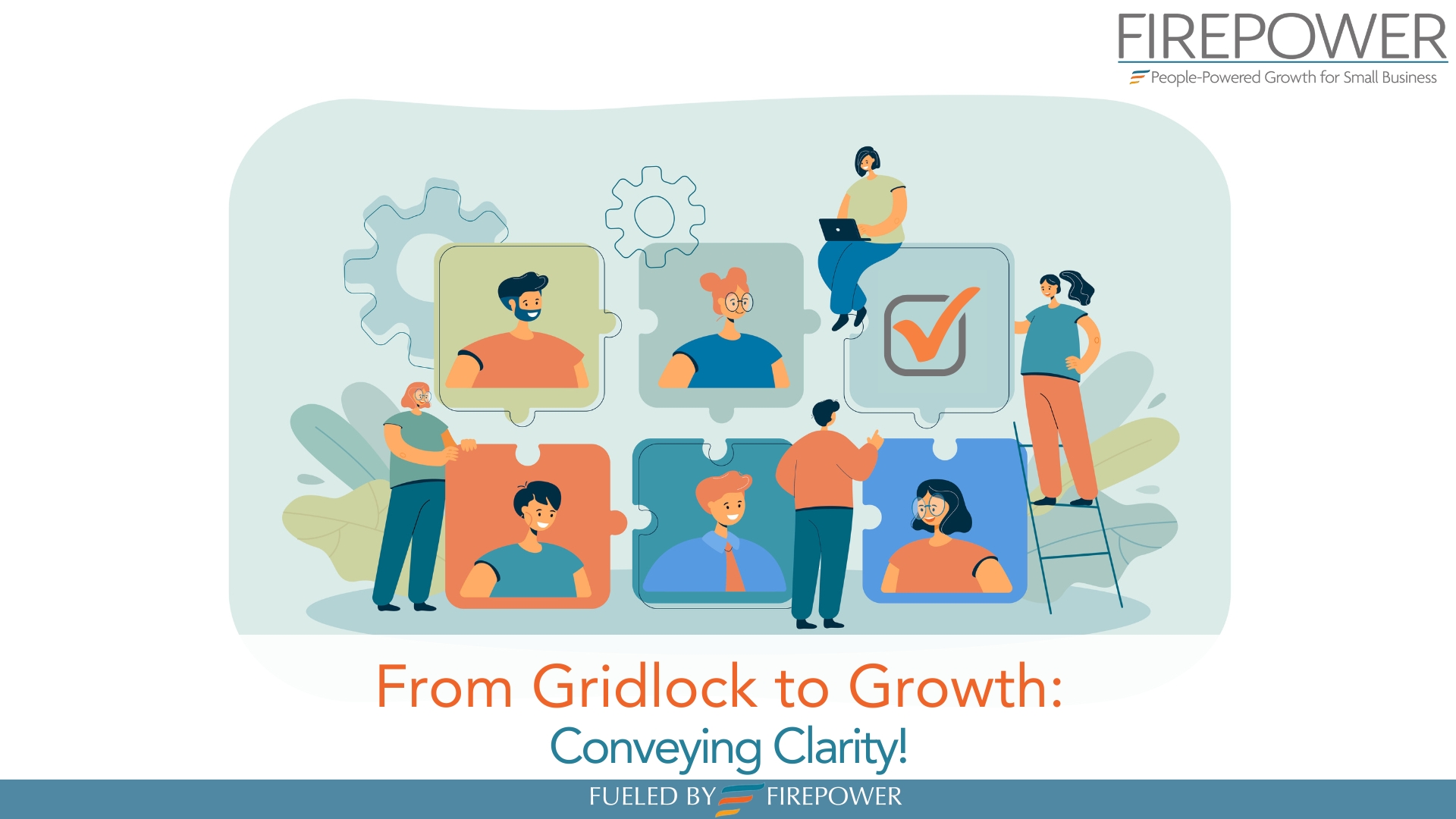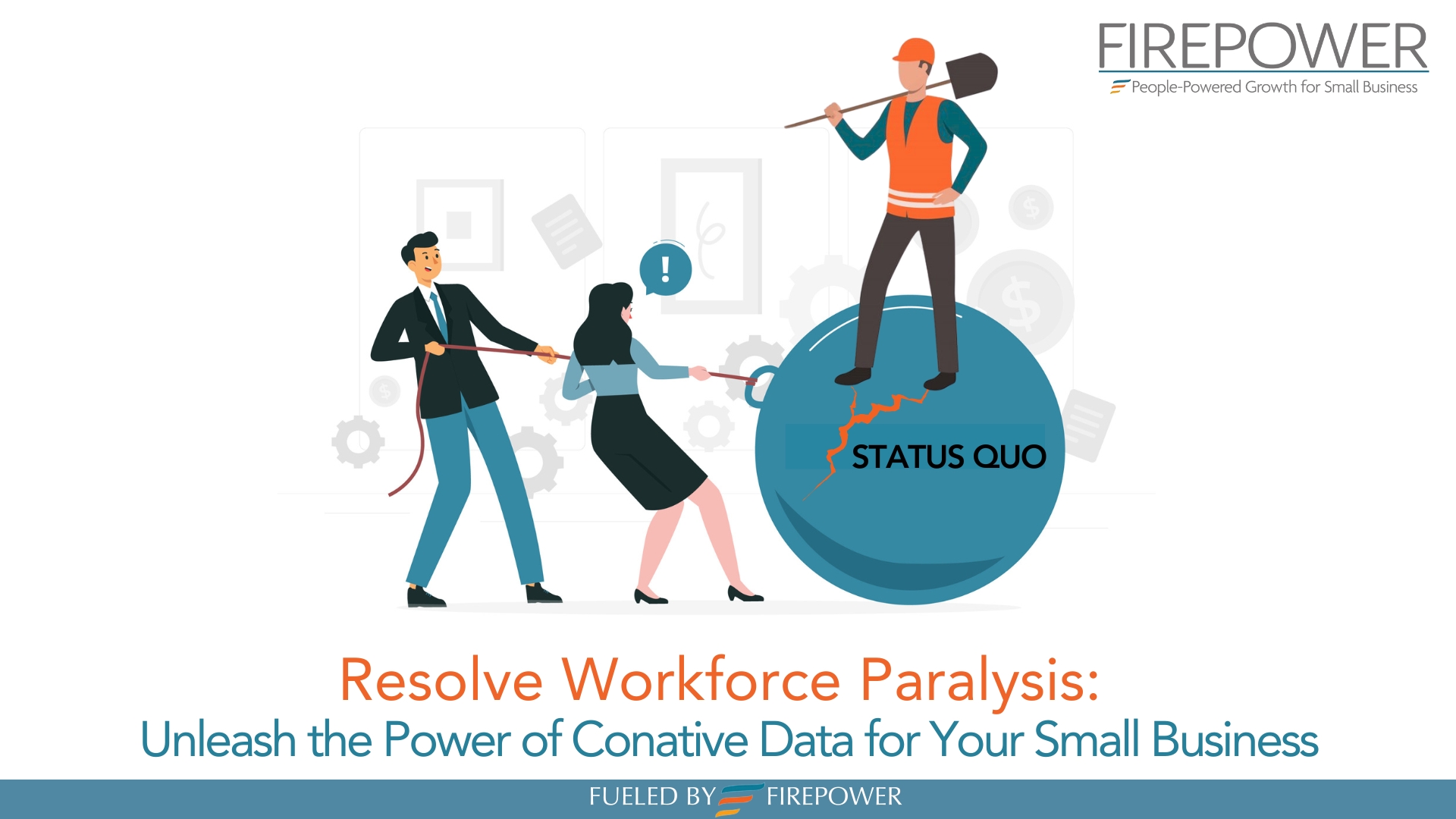7 Common Hiring Mistakes to Avoid When Recruiting New Employees
By Maria Forbes
September 18, 2020
Hiring and selection processes get a good bit of attention in the world of workforce planning, because these strategies form a critical starting point to full engagement throughout the employee life cycle. The right hiring process is essential to attracting the right candidates, planning for effective employee development, and for ensuring employee retention.
Replacing team members is costly, and gaps in productivity can impact your operations, client relationships, and your ability to generate revenue. An employee separation can shake the foundation of a small business. Using exit feedback to understanding performance deficits can help to improve the selection process. A good hiring process doesn’t end with an offer. It includes organized onboarding to establish a positive first impression from day one. This will influence his or her ability to be productive and feel connected, not only on the first day, but the first ninety days on the job, a critical period for ensuring a new member will decide to stay with your company. As much as possible, the hiring process should provide multifaceted information that will enable a new member to succeed. While hiring may sound like a simple process, many employers fail to select the right candidates. If you’re planning to hire new employees, you should consider seven common hiring mistakes.
#1) Hiring Based on Recommendations
Owners beware; hiring a new employee simply because he or she was recommended by a colleague can be dangerous. Recommendations can certainly help you find candidates, but you still need to consider their experience and skills to determine whether they are truly qualified for the position. If you hire an employee based strictly on a recommendation and he or she fails to perform, you may inadvertently burn the bridge with the colleague who recommended the employee.
#2) Searching Too Narrow
Another common hiring mistake is searching too narrowly. You want to find candidates who are well-suited for the position. If your recruitment-casting net is too small, you may not attract enough applicants. Performing a broader search will almost certainly result in more applications. You can then review applications to filter unqualified candidates from the pool. Initially a wider recruitment-net can be useful in assessing the type of candidates you are attracting and then begin to narrow the search to target specific qualifications as needed.
#3) Not Following Up With References
Don’t underestimate the importance of following up with a candidate’s references. You can learn a lot about a candidate through these conversations. Candidates are often biased about their qualifications. By contacting a candidate’s references, such as past employers, you’ll gain a better understanding of the candidate’s true qualifications and motivations. With consideration of input by candidate’s references, you can confidently determine whether to move the candidate to the next stage of the recruitment process.

#4) Failure to Evaluate Personality
Many employers make the mistake of looking strictly at a candidate’s knowledge, experience, and skills. Experience and skills are critically important to performing well. Additional characteristics that will influence a candidate’s ability to collaborate are evident in personality. If a candidate possesses personality traits that are counter cultural, the repercussions can be serious. Your goal should be a diverse workforce, consisting of employees with many different personality traits. Insight into a candidate’s personality before hiring will help to achieve a professional and cultural match.
#5) Too Much Talking, Not Enough Listening
Whether you conduct interviews over the phone or in-person, you should give candidates plenty of opportunity to speak. A job interview that is focused on presenting a role, misses important sharing of information and perspectives by the candidate, and ultimately becomes a one-sided conversation. If instead you focus on a dialogue, you will gain essential candidate input to learn about a candidate’s qualifications, knowledge, experiences, skills and personality. Organize interviews to balance listening and speaking.
To encourage candidates to talk, prepare a list of questions before interviews. A common question employers and HR managers ask during interviews is, “Why do you want to work for our company?” This simple question opens the conversation and enables a candidate to explain their motivation for working at your company and for the position.
#6) Overlooking Technology
Technology can help you find the right employees for your company. There are dozens of recruitment websites, to list your job openings and connect with qualified candidates. Today social media can be used for recruitment purposes. According to one survey, nearly six in 10 employers say social media is an effective tool for finding qualified candidates. Facebook and LinkedIn are popular platforms for finding and connecting with candidates.
In addition to social media networks and recruitment websites, you can use applicant tracking software. As the name suggests, applicant tracking software is designed to track your company’s recruitment process. The software can collect and curate applications, store resumes, filter unqualified candidates and more. Applicant tracking software helps to avoid screening countless applications and resumes.
#7) Hiring Too Quickly
An open position is an opportunity to review your needs and realign expectations. When an employee leaves your company, you may feel compelled to act quickly to find a replacement. Taking a short step back is not always comfortable, since an unfilled position can impede productivity, and in some cases, have a negative impact on your client relationships. However updating or redefining your needs for the role will help to ensure you attract candidates with appropriate qualifications. Moving too fast to fill a position will cause you to spend more time correcting the course of expectations and performance, and ultimately finding another replacement when the employee fails to perform.
Recruiting can be a challenge for small business owners and partners. The thought of finding a replacement for a position, especially positions held by a member with a long history, can seem overwhelming. When business growth is demanding additional firepower, an effective process for attracting candidates, selecting for right fit, and developing business contributors is the best defense against interruptions caused by turnover. The right approach to hiring is the difference between getting back to business or repeating the hiring cycle.





